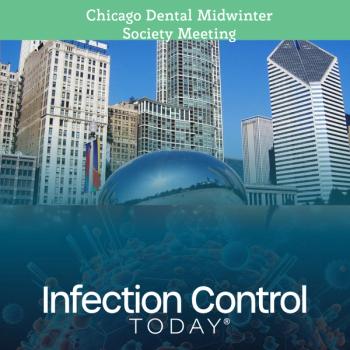
The Chicago Dental Society honored Dr. Joseph Hagenbruch and Dr. Mark Lingen for their leadership, research, and dedication to advancing dentistry and improving oral health care access.

The Chicago Dental Society honored Dr. Joseph Hagenbruch and Dr. Mark Lingen for their leadership, research, and dedication to advancing dentistry and improving oral health care access.

Sherrie Busby, EDDA, CDSO, CDIPC, shares her journey from dental assisting to infection control advocacy, highlighting her passion for education, her role at Heartland Dental, and her exciting transition to a new chapter.

At the 2025 Chicago Dental Society Midwinter Meeting, Dr. Marie Fluent passionately discussed infection control, emphasizing hand hygiene, waterlines, and the critical role of vaccinations in dental settings.
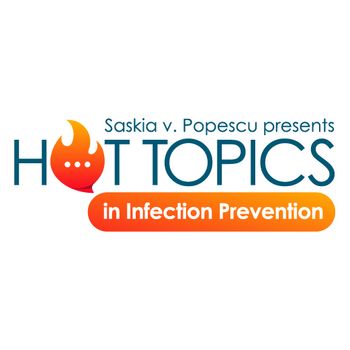
Dr. Saskia Popescu discusses how the US faces mounting public health chaos—CDC layoffs, H5N1 missteps, a false Ebola scare, and rising infections—highlighting the urgent need for stronger disease preparedness.

Doris Schneider, senior marketing manager for North America for W&H North America, shares insights into the 160th Chicago Dental Society Midwinter Meeting, showcasing the Lexa Mini rapid sterilizer and Synea Power Edition handpiece, designed for efficient sterilization and effortless dental procedures.
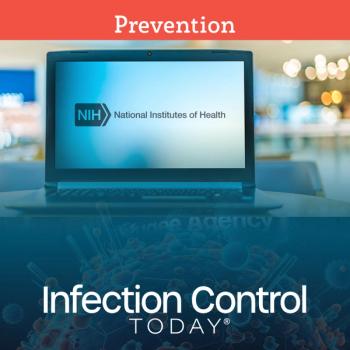
Cutting NIH’s budget by 15% threatens U.S. leadership in medical research, weakens public health preparedness, hinders innovation, and undermines economic growth. Investing in science secures America’s future.
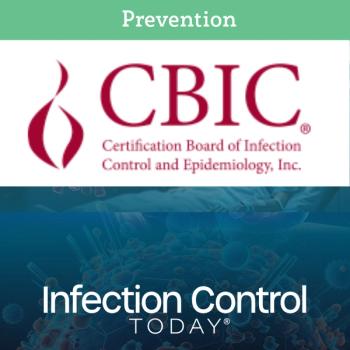
AL-CIP certification validates leadership in infection prevention, unlocking career growth and credibility. Hear from certified professionals on its impact and why you should apply today before applications close on February 28, 2025!

Proper glove use is crucial in health care settings to prevent infections. Guidelines from TJC, CDC, and WHO stress correct selection, usage, and disposal to minimize health care–associated infections (HAIs) and cross-contamination risks. Infection preventionists (IPs) play a key role in educating staff, enforcing compliance, and improving patient safety through standardized glove practices.
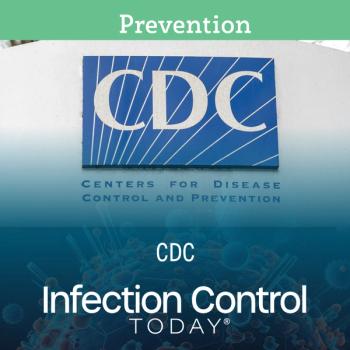
The Trump administration’s decision to terminate nearly 1,300 CDC employees weakens America’s public health defenses, jeopardizes critical research, and endangers the nation’s preparedness for future health crises.
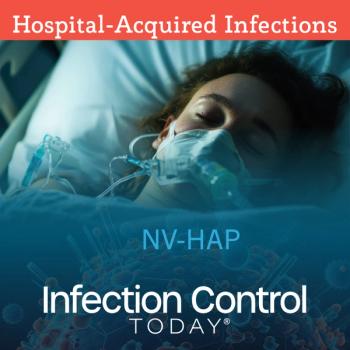
Launching a hospital-wide program for non-ventilator hospital-acquired pneumonia (NV-HAP) necessitates a clear structure and toolkit.
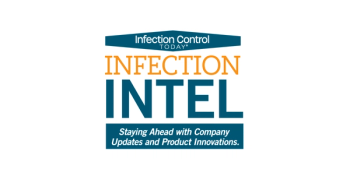
GermZAPP is an affordable hand hygiene system designed to educate, monitor, and encourage adherence in schools, nursing homes, and health care settings, effectively addressing gaps in infection control.
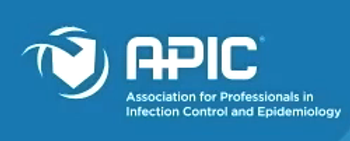
APIC congratulates Secretary Robert F. Kennedy, Jr on his appointment and urges support for infection prevention priorities, including NHSN funding, workforce development, nursing home IPC improvements, medical device cleaning standards, and global health collaboration.

Twelve universities and 3 education groups filed a lawsuit against the NIH and HHS, challenging a 15% cap on research grant funding. A federal judge issued a temporary restraining order, halting the cuts while litigation proceeds. A hearing is set for February 21, 2025, and states and institutions are pushing for permanent relief.
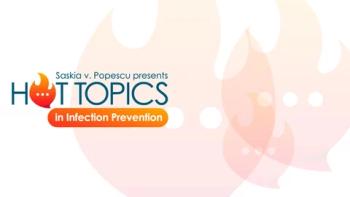
This Hot Topics in IPC updates you on the US Public Health Policy, Influenza, and so much more!

Here is what you need to know about the National Institutes of Health capping indirect cost rates for research funding.

Burnout among infection preventionists is a growing crisis exacerbated by the pandemic. This personal reflection highlights the emotional toll, systemic challenges, and urgent need for support.
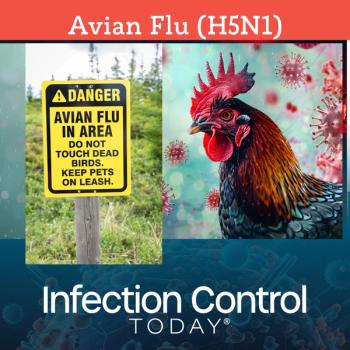
A new H5N1 strain was found in Nevada dairy cows, challenging earlier transmission theories. This raises concerns about animal vulnerability, human health risks, and food safety. Experts emphasize the need for improved surveillance, biosecurity, and cross-sector collaboration to contain the virus spread.

The US exit from the UNHRC and cuts to UNRWA funding jeopardize global health, humanitarian aid, and pandemic preparedness, isolating America and endangering millions worldwide.

Fungal infections are a rising global threat, with antifungal resistance complicating treatment. Neil J. Clancy, MD, emphasizes the urgent need for research, better diagnostics, and stronger infection prevention strategies.

This week's Infection Control Today's Hot Topics in IPC covers respiratory virus season, H5N1, and public health politics.

Nonventilator hospital-acquired pneumonia (NV-HAP) is a deadly, overlooked infection impacting patient outcomes. With new diagnostic tools and prevention strategies, hospitals must prioritize oral hygiene to reduce risk.

APIC warns that the HHS gag order on CDC communications endangers public health, delaying critical infection updates and weakening outbreak response amid rising tuberculosis, avian flu, Ebola, and measles threats.

The Bug of the Month helps educate readers about existing and emerging pathogens that are clinically important in today's health care facilities.
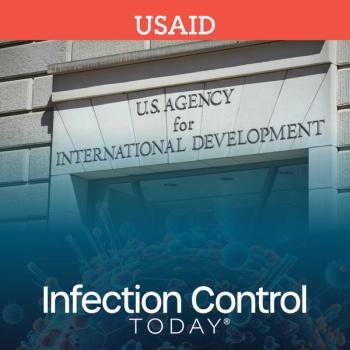
The sudden suspension of USAID funding is triggering a worldwide humanitarian emergency, threatening health systems, economic stability, and global security—undoing decades of progress in development and disease control.
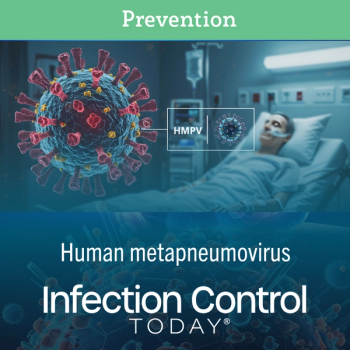
A surge in human metapneumovirus (hMPV) cases highlights the need for improved detection, prevention, and public awareness, particularly for vulnerable populations such as children, elderly, and immunocompromised individuals.
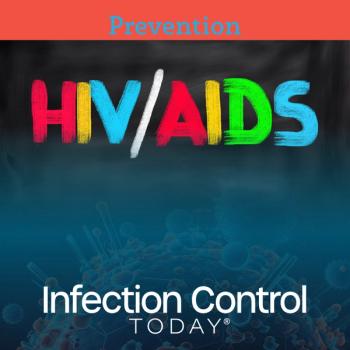
Despite medical advances, HIV prevention faces roadblocks—low PrEP adoption, stigma, and accessibility issues threaten progress. Experts push for innovative, long-acting solutions to end the epidemic.
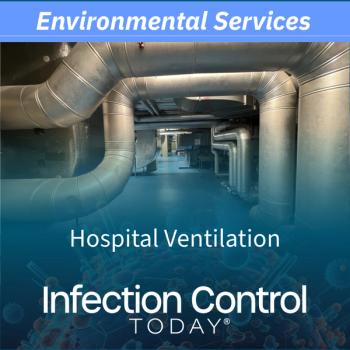
New research reveals hospital ventilation and air purifiers may unintentionally spread viral particles, increasing infection risks. Infection preventionists must rethink airflow strategies to protect patients and staff.
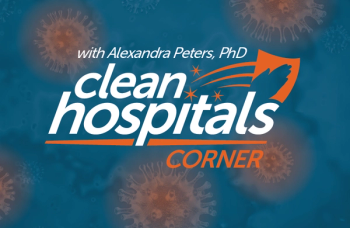
Despite revolutionary advancements like alcohol-based hand rubs, infection prevention still faces major hurdles. Poor adherence to hygiene, overreliance on technology, and understaffed environmental services create perfect storm conditions for deadly outbreaks.

This week's edition of Hot Topics in IPC covers the latest in Trump's executive orders and in avian flu.

This article first appeared as a LinkedIn newsletter from ICT. Subscribe and never miss exclusive articles not found anywhere else.